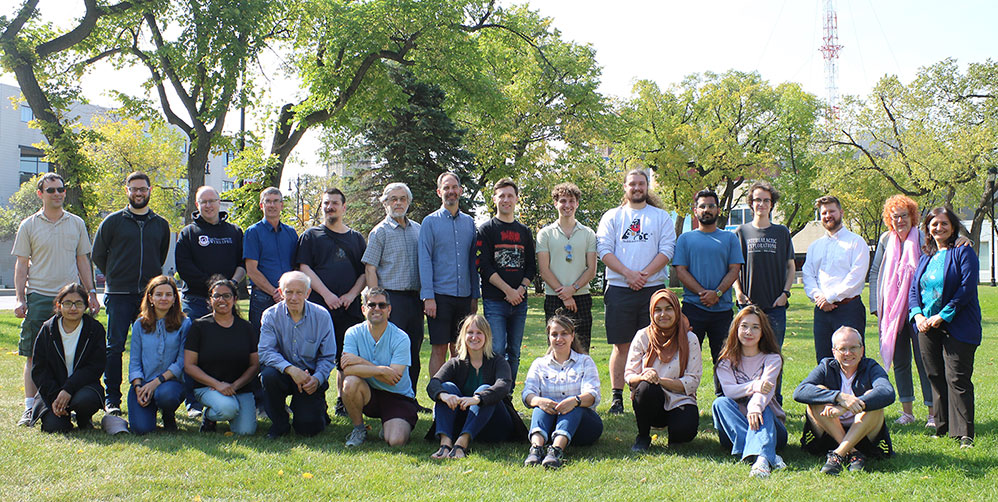Physics
Physics is the quest to understand all natural phenomena.
The goal of physics is to formulate theories, or “laws,” which summarize our knowledge of the natural world. We don’t yet know all the basic laws of nature, or how many laws there are.
The famous physicist Richard Feynman said the first principle of science is that the test of all knowledge is experiment and experiment is the sole judge of scientific “truth.” But what is the source of knowledge? Where do the laws that are to be tested come from? Experiment itself helps to produce these laws in the sense that it gives us hints. We also need imagination to create from these hints the great generalizations: to guess at the wonderful, simple, but very strange patterns beneath them all, and then to experiment to check again whether we have made the right guess. Physics needs people with imagination and a thirst to understand the inner workings of nature.
Research in physics often gives rise to unexpected benefits, with revolutionary discoveries like galaxies, lasers, magnetic resonance imaging, fibre optic communications, and the transistor.
The University of Winnipeg has a nationally recognized Physics Department. Research is conducted on a variety of topics in both theoretical and experimental physics. The experimentalists study the nature of diamonds and semiconductors, medical uses of MRI, and the properties of subatomic particles, while the theorists imagine, deduce and investigate the inner workings of black holes, hot space, chaos, quantum computers, and quantum gravity. Students are encouraged to participate in these research activities through summer employment with research groups.
This program can lead to a Bachelor of Science degree (3-year, 4-year, or Honours). The 4-year and Honours programs have the options of Chemical, Computational, and Mathematical Physics streams.




